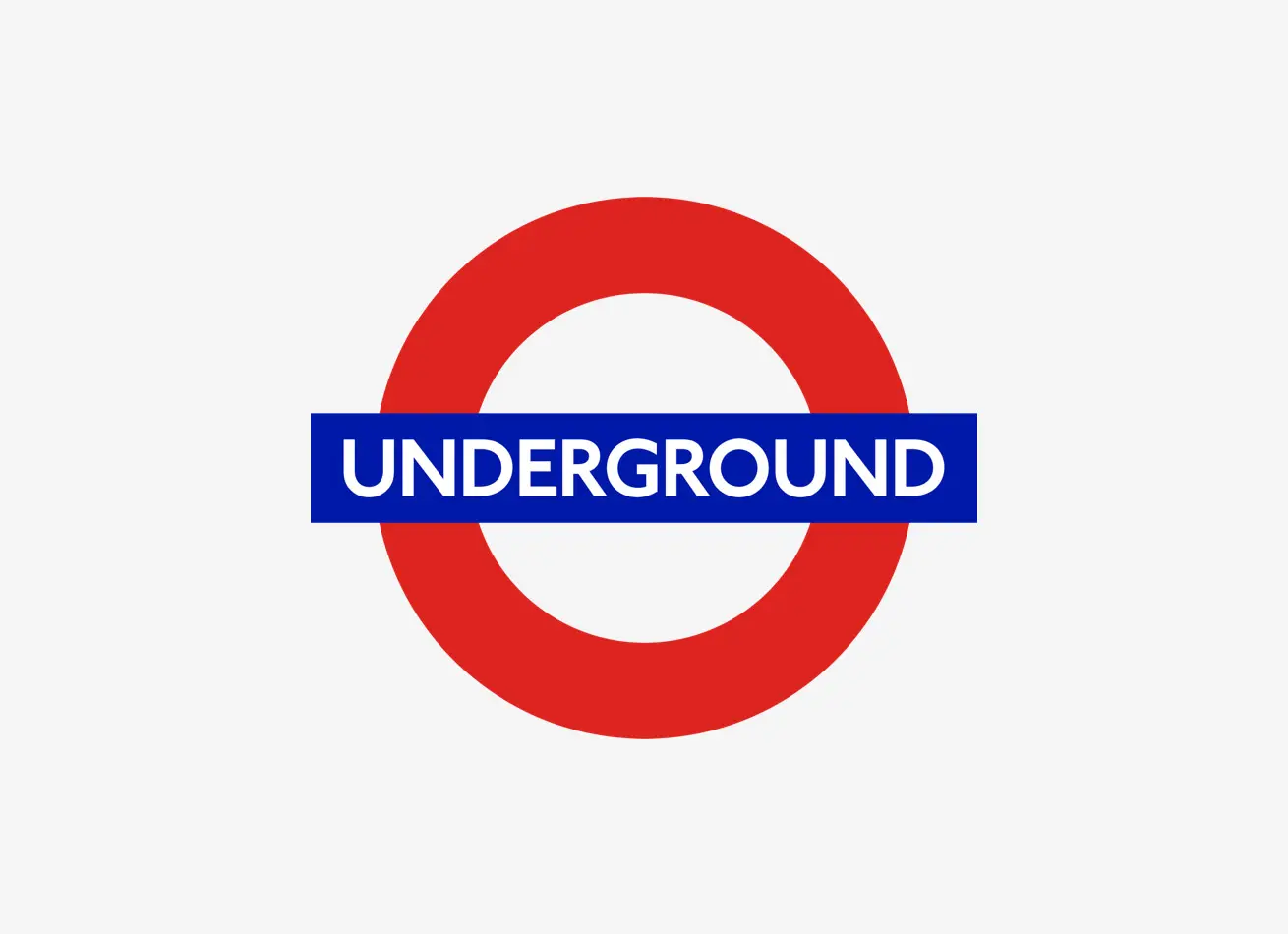Absenteeism within the blue-collar workforce can be a significant challenge for companies that rely on steady labor. When employees are absent frequently, production halts, deadlines are missed, and the operational costs rise. Performance management is a key strategy that can help to reduce absenteeism and create a more engaged, motivated, and consistent workforce. This blog explores how performance management contributes to minimizing absenteeism in blue-collar settings.
Understanding the Root Causes of Absenteeism
Performance management helps employers to identify the root causes of absenteeism. Many factors contribute to blue-collar absenteeism, such as health issues, lack of job satisfaction, or poor working conditions. Through regular performance evaluations, feedback sessions, and data tracking, companies can get to the core of why their employees might be missing work.
Addressing this issue without understanding the underlying causes leads to temporary solutions. With a performance management system in place, businesses can implement tailored strategies for individuals, reducing the likelihood of employees skipping shifts unnecessarily. Recognizing patterns through systematic reviews also enables timely interventions to prevent long-term problems.
Setting Clear Attendance Expectations
One of the most effective ways performance management helps in minimizing absenteeism for blue-collar employees is by setting clear attendance expectations. Employees who understand what is expected of them in terms of attendance are less likely to take unscheduled time off. When employees have clearly defined goals and performance metrics, they are more likely to adhere to company attendance policies.
Additionally, communicating these expectations through the performance management system ensures that employees know the importance of regular attendance. By aligning attendance with performance reviews, employees see attendance not as a standalone issue but as an essential component of overall job performance.
Motivating Employees Through Recognition
Recognition and rewards play a crucial role in reducing absenteeism. Performance management systems allow managers to recognize employees who maintain good attendance, offering them praise and tangible rewards. Employees who feel appreciated and recognized for their efforts are more likely to show up consistently.
This recognition can come in many forms, including verbal praise, bonuses, or even additional time off. The goal is to ensure that employees know their consistent attendance is appreciated by the organization, motivating them to continue showing up regularly.
Providing Necessary Support for Employee Well-being
Performance management goes beyond just evaluating job performance, it also involves understanding the challenges employees face and offering support. In blue-collar environments, physical and mental health can play a significant role in absenteeism. A performance management system helps monitor these factors by providing tools to track employee well-being.
For example, frequent sick leave might indicate the need for better health and safety measures. Employers can respond by offering flexible scheduling, improving working conditions, or even introducing wellness programs. This level of support can reduce the reasons behind unscheduled time off, ensuring employees feel cared for.
Enhancing Communication and Feedback Channels
A well-implemented performance management system fosters open communication between employees and management. Frequent feedback sessions enable employees to voice any concerns or obstacles they may be facing. This gives management the opportunity to address issues before they result in absenteeism.
For example, if an employee expresses frustration over repetitive tasks or long hours, management can use this feedback to make adjustments, preventing the employee from seeking unscheduled leave. Improving communication channels ensures that employees feel heard and are more likely to stay committed to their responsibilities.
Addressing Work-Life Balance
Work-life balance is a significant factor that affects absenteeism, especially in the blue-collar workforce. Performance management systems can help businesses address this by allowing managers to have deeper conversations with employees about their personal and professional challenges. When employees feel overwhelmed or stressed by their workloads, they are more likely to take unscheduled absences to cope.
By addressing work-life balance through performance management, companies can implement solutions such as flexible schedules, improved shift rotations, or additional leave when necessary. This proactive approach helps reduce unscheduled time off by ensuring employees feel supported in balancing their professional and personal responsibilities.
Building a Positive Work Culture
Performance management helps to build a positive work culture, which in turn reduces absenteeism. Employees who feel that they are part of a supportive and positive workplace environment are more likely to show up consistently. Through performance reviews and feedback sessions, management can highlight the importance of teamwork, communication, and collaboration, fostering a sense of belonging.
Moreover, when employees feel their contributions are recognized and their well-being prioritized, they are motivated to attend work regularly. A positive work culture reduces absences by fostering an environment where employees are engaged, valued, and happy to be present.
Tracking and Managing Absenteeism Trends
Performance management systems allow for the tracking of absenteeism trends over time. This data-driven approach provides valuable insights into when and why employees are missing work. Armed with this information, managers can implement targeted interventions to reduce absenteeism.
For example, if employee attendance decreases during certain times of the year, management can proactively plan by offering additional support, adjusting workloads, or bringing in extra hands during peak times. By using data to anticipate and manage absences, companies can keep operations running smoothly.
Encouraging Accountability
Finally, performance management encourages accountability among employees. By linking attendance to performance evaluations and rewards, employees understand that their presence is directly tied to their overall job performance. This creates a sense of personal responsibility, reducing the likelihood of absenteeism.
When employees know they will be held accountable for their attendance, they are more likely to prioritize being present at work. This accountability ensures that employees understand the importance of their role and how frequent absences can impact their performance reviews and potential rewards, leading to more consistent attendance.
Conclusion: The Power of Performance Management in Reducing Absenteeism
Performance management plays a critical role in minimizing absenteeism in the blue-collar workforce. By addressing the root causes of missed work, setting clear expectations, offering recognition, and building a positive work culture, businesses can significantly reduce unscheduled time off. Furthermore, tracking attendance trends and encouraging accountability through performance management ensures a more reliable and engaged workforce.










